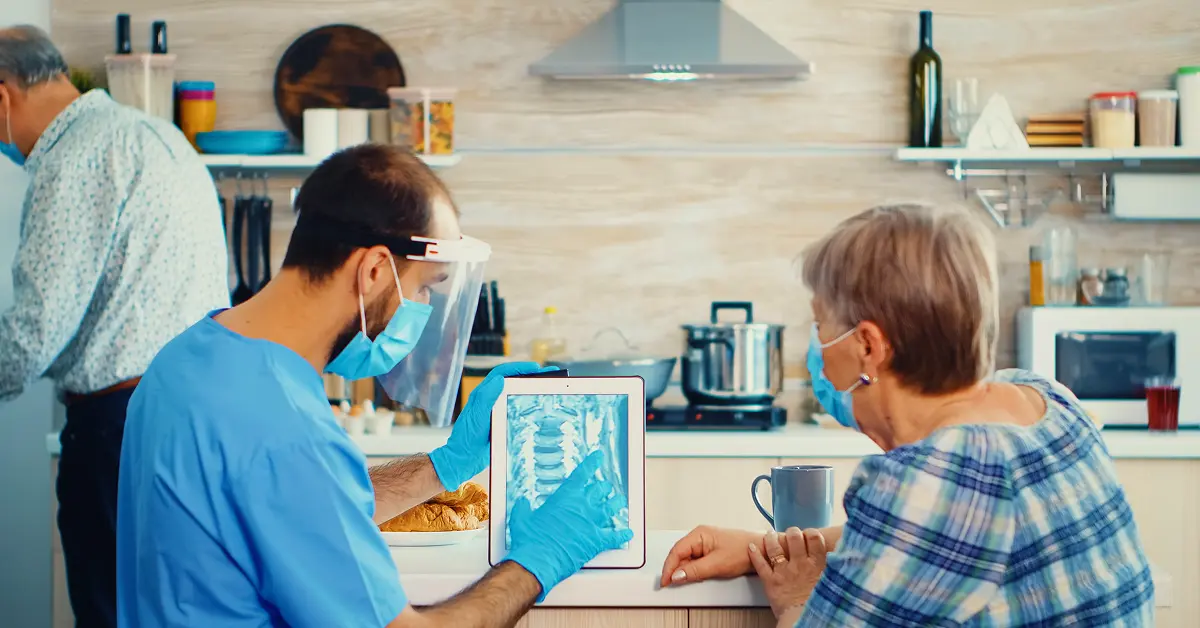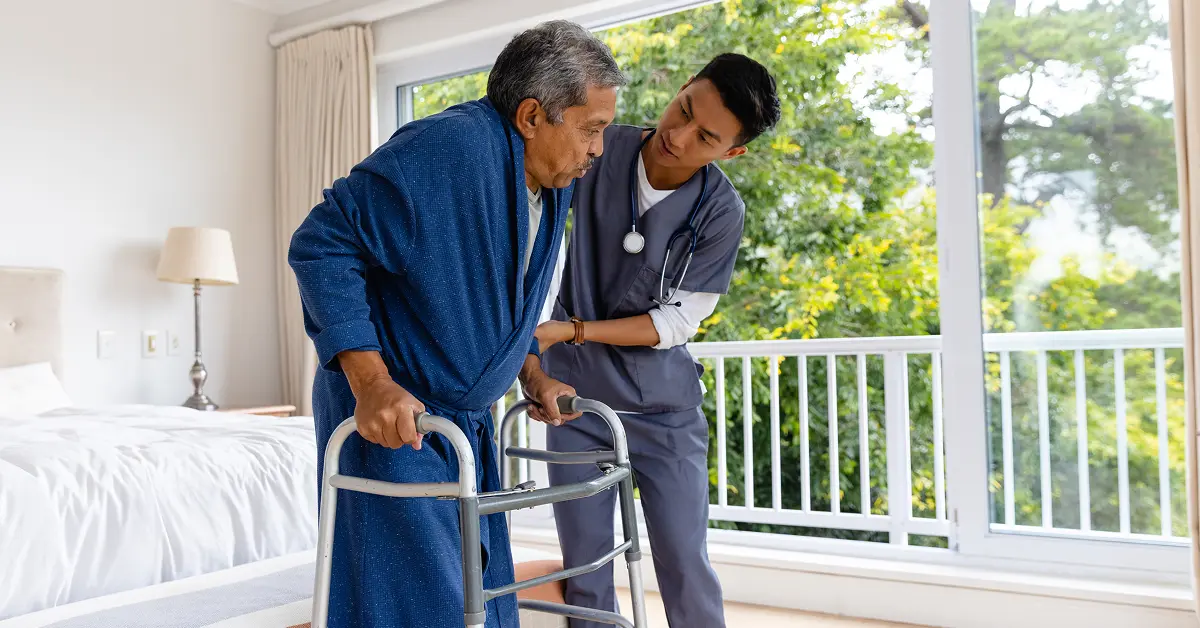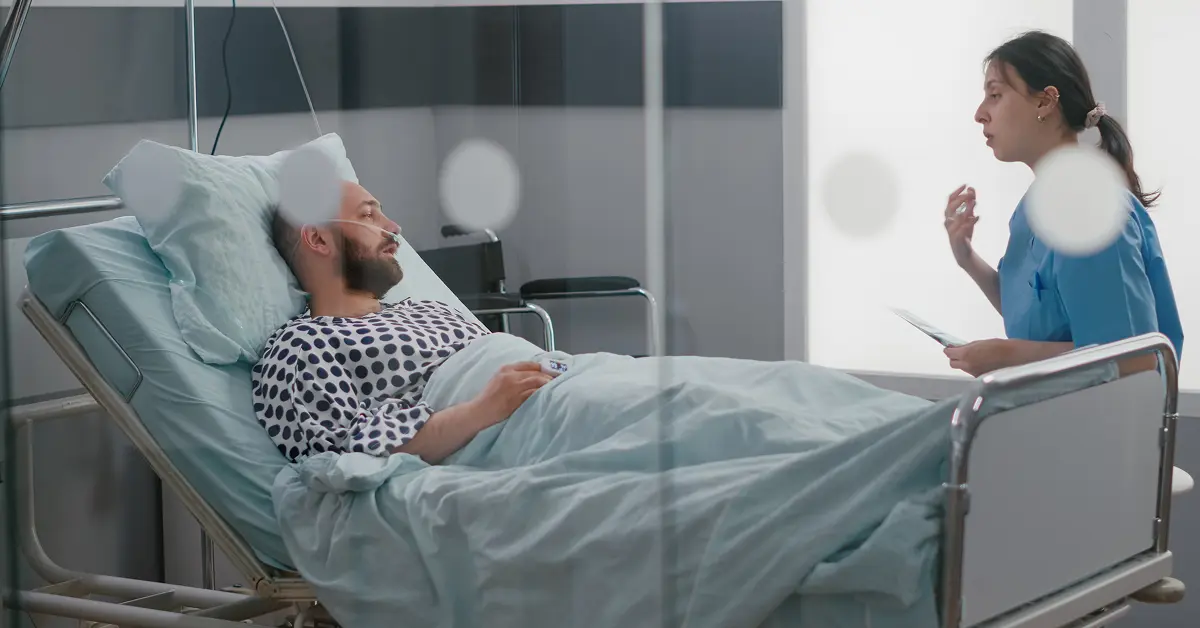Recovering from surgery can be a challenging experience, both physically and emotionally. The transition from hospital care to home care is critical for ensuring proper healing and avoiding complications. This is where trained home nurses play a vital role, offering professional support and personalized care tailored to each patient’s needs. With their assistance, patients can enjoy a smoother recovery process while minimizing stress for themselves and their families.
The Importance of Post-Surgery Home Care
After surgery, patients are often in a vulnerable state. Their immune systems may be weakened, mobility limited, and risk of infections high. Professional home care ensures:
- Safe Recovery Environment – Home nurses ensure the patient’s surroundings are clean, organized, and conducive to healing.
- Accurate Medication Management – Post-surgery medications can be complex. Home nurses administer the right dosage at the right time.
- Monitoring Vital Signs – Regular monitoring of blood pressure, temperature, and pulse can prevent complications.
- Early Detection of Complications – Nurses are trained to identify signs of infection, blood clots, or other post-surgery issues early.
By having a trained professional at home, patients gain peace of mind knowing that expert care is available whenever needed.
Personalized Care Plans
Every surgery and patient is different. Home nurses create personalized recovery plans based on:
- Type of surgery (orthopedic, cardiac, abdominal, etc.)
- Patient’s age and overall health
- Pre-existing medical conditions
- Family support availability
These plans typically include wound care, pain management, mobility assistance, nutrition guidance, and emotional support. A tailored approach ensures faster healing and reduces the risk of setbacks.
Key Services Provided by Trained Home Nurses
Trained home nurses offer a comprehensive range of services designed to meet every aspect of post-surgery care:
Wound Care and Dressing
Proper wound care is critical to prevent infections. Home nurses are trained to clean surgical wounds, change dressings, and monitor healing progress. They also educate family members on basic wound care techniques for continuity.
Medication Management
Patients often leave the hospital with multiple medications. Home nurses:
- Administer medications on schedule
- Educate patients on side effects
- Monitor for adverse reactions
- Maintain medication logs
This reduces errors and ensures medications are taken consistently, which is crucial for recovery.
Pain Management
Post-surgery pain can be intense. Trained nurses assist with pain assessment and administer prescribed pain relief medications. They also suggest non-pharmacological methods like positioning, gentle exercises, and relaxation techniques to reduce discomfort.
Mobility Assistance and Physiotherapy
Limited mobility increases the risk of blood clots and delays healing. Home nurses help patients with:
- Safe movement and transfers
- Gradual mobility exercises
- Breathing exercises to improve lung function
- Coordination with physiotherapists for rehabilitation programs
These services help patients regain independence faster and prevent complications from prolonged immobility.
Nutrition and Hydration Support
Proper nutrition is vital for recovery. Home nurses provide guidance on:
- Balanced diets to promote healing
- Adequate hydration
- Food modifications for digestive or metabolic issues
- Monitoring intake to prevent deficiencies
A nutritious diet accelerates recovery and strengthens the immune system.
Emotional Support and Counseling
Surgery can be emotionally taxing. Patients may feel anxious, stressed, or depressed. Home nurses provide emotional support, encourage positivity, and maintain communication with family members to create a supportive environment.
Education and Training for Caregivers
Family members often participate in care. Trained home nurses educate them on:
- Proper lifting and transfer techniques
- Medication administration
- Wound care hygiene
- Recognizing warning signs
This ensures that care continues safely even when the nurse is not present.
Benefits of Hiring Trained Home Nurses
- Reduced Risk of Infection – Trained nurses follow strict hygiene protocols.
- Faster Recovery – Personalized care accelerates healing.
- Convenience – Care is provided in the comfort of home, avoiding hospital readmissions.
- Peace of Mind – Patients and families feel secure knowing a professional is available.
- Cost-Effective – While hospital stays can be expensive, home care reduces unnecessary hospital visits.
Choosing the Right Home Nursing Service
Selecting a reliable home nursing service is crucial. Consider these factors:
- Credentials and Experience – Nurses should be certified and experienced in post-surgery care.
- Availability – 24/7 or flexible care schedules are ideal for continuous support.
- Customized Care Plans – Services should be tailored to the patient’s unique needs.
- Reputation – Look for reviews, references, or recommendations from trusted sources.
- Emergency Support – The service should provide quick assistance in case of sudden complications.
Conclusion
Recovering from surgery is a delicate process that requires professional attention, compassion, and dedication. Trained home nurses bridge the gap between Hospital Discharge and home recovery, offering services ranging from wound management to emotional support. With their expertise, patients can focus on healing while families enjoy peace of mind.
Investing in post-surgery home care is not just a luxury—it is a necessity for anyone seeking safe, efficient, and comfortable recovery. By choosing trained home nurses, patients ensure that every step of their healing journey is guided by skill, care, and experience.
Contents
Our 24*7 services
Latest Posts
- What Is Respite Care and Why Is It Important
- Affordable home care for senior citizens in India
- Caring for Seniors with Dementia or Alzheimer's at Home
- Senior Caregiving A Guide for Every Family
- How to Write a Caregiver Resume That Gets You Hired
- How Care After Hospital Discharge Speeds Up Recovery at Home
- How to Get Home Health Care for Seniors Through Medicare
- What Does a Senior Citizen Caregiver Really Do at Home
- How to Care for Elderly Parents with Alzheimer’s or Dementia
- How to Get 24-Hour Care for Seniors at Home



